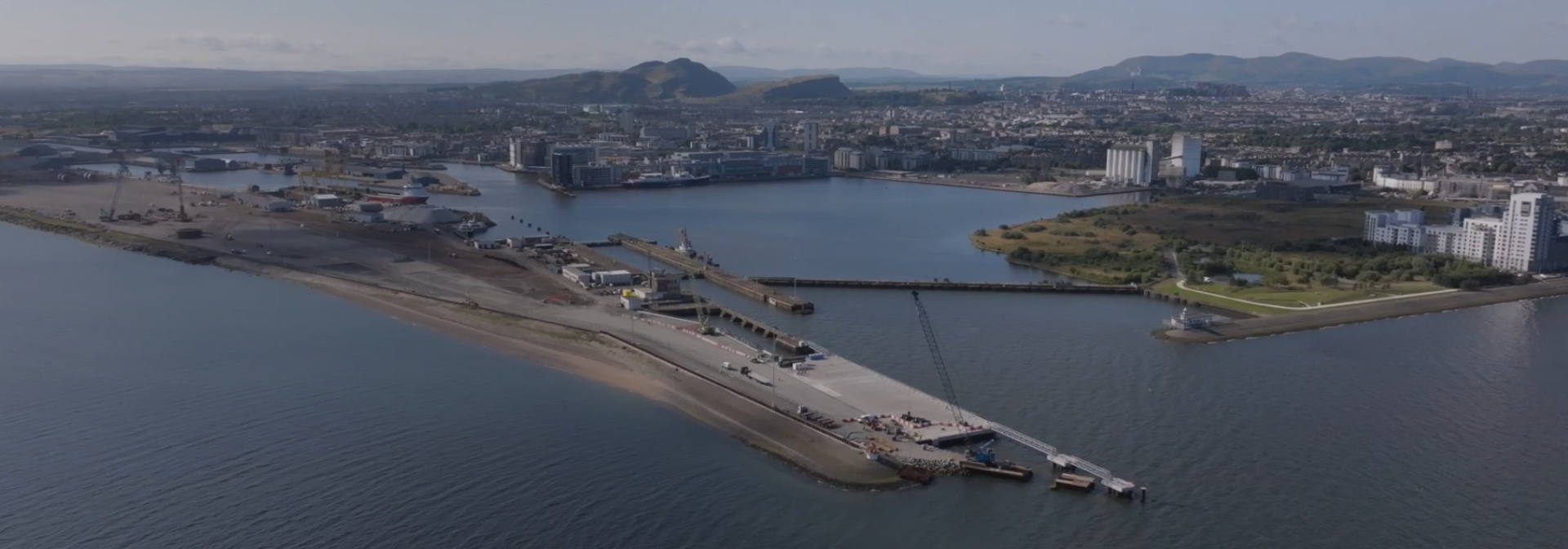
Guest Writer: The Economic Challenges and Opportunities for Scotland
Gary Gillespie
Chief Economic Adviser
Scottish Government
The past decade has seen an array of economic and political developments from the global financial crisis of 2008/09 to the UK vote to leave the European Union. The former had a significant impact on the Scottish and UK economy, which is still being felt, and the latter has the potential to lead to wholesale changes in UK trade and market access.
We have also seen a weakening in productivity growth in the UK and other advanced economies, since the financial crisis which is challenging established views on the sustainability of current economic models.
From a historical perspective, the economy always evolves reflecting a range of factors such as changing legal or regulatory structures, new technologies, changing business models, changing preferences or changes to the trade environment and market access. The sectoral composition of the Scottish economy has changed significantly over the last 40 years, moving to a much more service based economy, including related production and engineering services. Over this period the economy has nearly doubled in size, growing on average by around 2 per cent per year.
The main driver of this change has been globalisation with an internationalisation of product markets and global supply chains. This has provided opportunities for Scottish firms, particularly in the Engineering sector, to benefit from new (and deep) markets either through supply chains or direct.
The Engineering sector in Scotland has always had a strong global reputation and outward focus. Competing in international markets requires the ability to continuously innovate and change in response to market conditions. The Oil and Gas sector in Scotland has just come through a period of significant adjustment following the global fall in oil prices from 2014. This had a notable impact on Scotland’s economic performance in 2015 and 2016 as the on-shore production and supply chain had to adjust to lower margins and different operating models.
The structural improvements made by the industry since 2015, has put it on a stronger footing to take advantage of the continued upswing from improving oil prices (and exchange rate). This has had a positive impact on the Engineering Manufacturing sectors, including those providing related services. This recovery is also reflected in the wider production sector which has returned to stronger growth due in part to increasing exports.
Scotland’s labour market continued to perform well during this period and has returned to near record levels of employment and low rates of unemployment. However, the tighter labour market conditions are creating challenging recruitment conditions for specialist skills across a range of areas. A reduction in EU workers coming into the UK (and Scotland) as a consequence of Brexit will exacerbate these challenges. This will require a system-wide response, including workplace investment in skills and innovation.
The impact of changing market access to the single market and the EU four freedoms (people, goods, capital and services) has been well documented. In the short term, the uncertainty associated with a Brexit agreement remains an ongoing challenge for many businesses and households and is impacting business confidence and investment planning. The lower value of Sterling, has created exporting opportunities for firms, however has placed increased input cost challenges.
Continued uncertainty relating to the final shape of any agreement and transition period may also result in increased volatility this year if firms bring forward activity, such as stock purchases to hedge against disruptions to supply chains or investment to consolidate supplies.
In the longer term, Brexit risks increasing barriers to trade and international investment. The importance of this should not be underestimated. The EU is the largest single market for Scotland’s international exports, with exports worth £12.7 billion in 2016. Alongside this, Scotland is currently the most popular destination for international foreign direct investment in the UK, outside London. Retaining this attractiveness for trade and investment will be a key priority in the coming years.
Change and uncertainty also provide opportunities. The foundations of the economy in Scotland are strong, whether it is skills, digital, innovation, technology, infrastructure or our world class universities. We see continuous emergence of new firms across the economy. The policy and institutional environment is also responding to the emerging challenges we face. For example the new investment (£65 million) in the creation of the National Manufacturing Institute Scotland (NMIS), will provide an industry-led international centre of manufacturing expertise in Scotland.
The UK industrial strategy and the focus on grand challenges provides opportunities for firms across Scotland to build on their expertise. The creation of a Scottish National Investment Bank, alongside the Innovation centres and existing support from the national development and skills agencies, provides a key platform for business development in Scotland and the continued growth of high value businesses across the economy.
The views expressed by the guest writer are not necessarily those of Scottish Engineering





